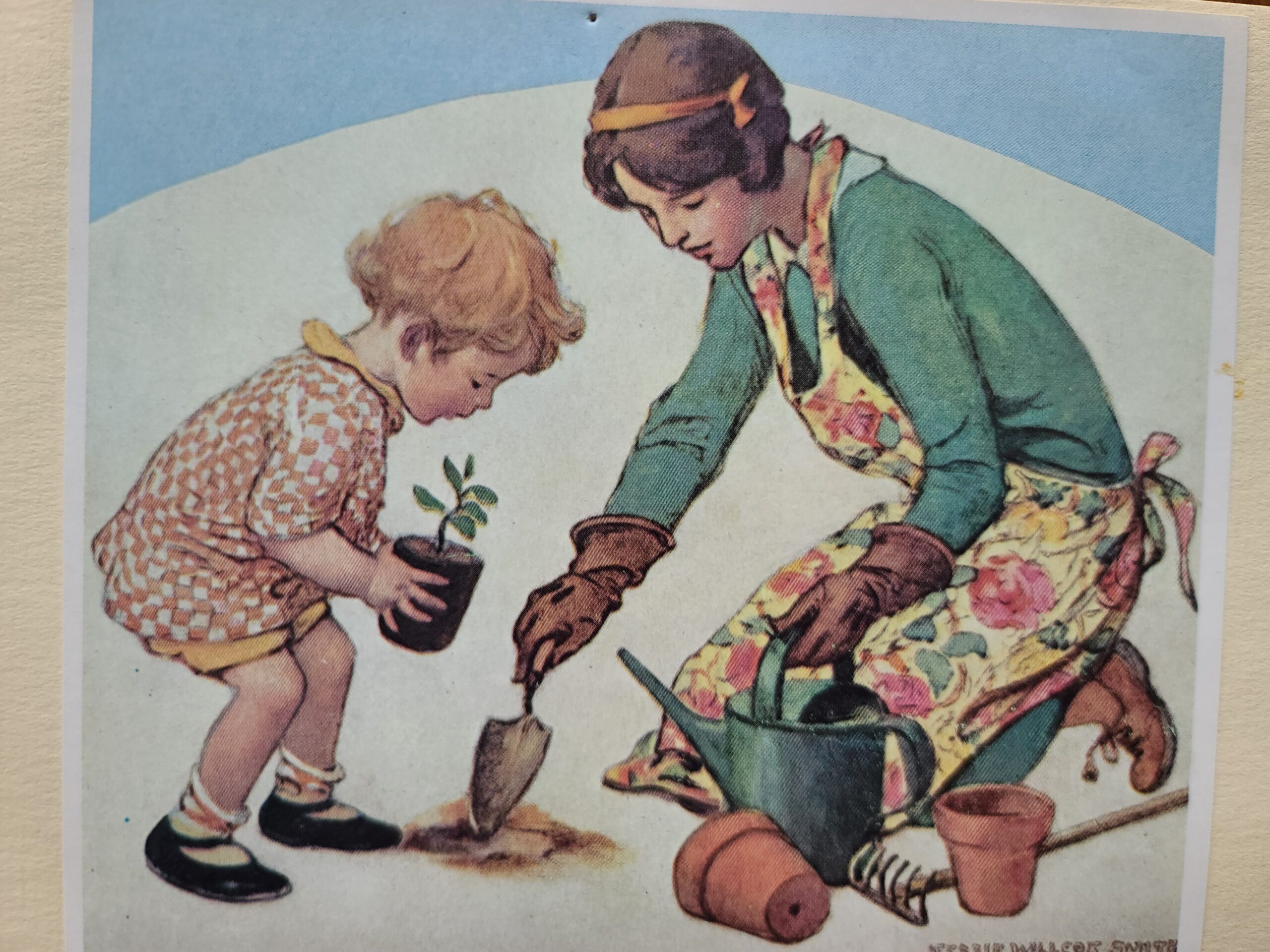The first time I had Indian food was in 1980.
I was in New York City and a business associate took me to an Indian restaurant for dinner. I knew nothing about Indian cuisine so my dinner companion suggested I try the tandoori chicken.
And that was the beginning of my love of Indian cuisine.
On Mothers’ Day in 2017 my son called me in the morning to say he would be taking care of dinner. He was about four hours away but would be here by 6. I just assumed that meant we would go out to a restaurant. But we didn’t.
He showed up with bags of Indian food from my favorite restaurant in Lancaster, PA. There was Onion Bjahia as an appetizer. Garlic Naan. And several entrees including Lamb Biryani which is my favorite of all Indian dishes. And Chicken Jal-Freji which is his favorite. It was my best Mother’s Day dinner ever!
Later that evening he and his wife came back with another Mothers’ Day surprise … the news that I was going to be a grandma in January. Best Mother’s Day gift ever!
Mothers’ Day is one of those holidays that can stir up a lot of angst, pressure, sadness, and conflict in addition to the celebrations and appreciations, because it is nearly impossible to live up to the expectations. Mother’s Day is one of the largest spending holidays … after all, everyone has a mother!
The person who started it all was Anna Jarvis, who in 1908 just wanted to have a memorial for her mother at St. Andrews Methodist Church in Grafton, WV. She wanted to recognize and honor her mother’s work as a peace activist who cared for wounded soldiers on both sides during the Civil War. Her mother also created Mother’s Work Clubs to address health issues, work that Anna continued.
In 1914 President Woodrow Wilson signed a proclamation declaring the second Sunday in May as Mother’s Day, a national holiday to honor mothers.
By the early 1920s the commercialization of the holiday had started, and Jarvis was resentful that her good intentions had become a reason for commercial exploitation. She was so resentful, she organized boycotts of any companies attempting to profit from the holiday.
In 2021 Americans spent about $28 billion on Mother’s Day.
For years Mother’s Day was difficult for me because I had a mother and a step mother, but didn’t have a close relationship with either of them. The schmaltzy verses in Mother’s Day greeting cards didn’t apply to either of them. My mother was not always there for me; absent for much of my life. I did not have a good relationship with my step mother. I just wanted to find pretty cards that simply said “Happy Mother’s Day” and nothing else. Not easy to do.
When I became a mom, however, Mother’s Day took on a different meaning for me. I still have all the cards and gifts that my son has given me on Mother’s Days. They are treasures that can never be replaced.
But there are so many children, both young and grown, who have complicated mother relationships. Not all mothers are loving. Not all children have the opportunity to grow up in a household with a caring, nurturing mother.
More than 1.5 million children have mothers who neglect them or are emotionally or physically abusive. 11.6 million children are step children, being raised by women who are not their mothers. 40% of families in the U.S. are blended. 400,000 kids are living with foster mothers. 700,000 children and adolescents are considered unaccompanied minors, meaning they aren’t part of any family unit.
There are adopted children who may, or may not, know they have a biological mother who is different than the mother raising them. There are same-gender couples raising children who have two mothers or two dads for parents. There are women who wanted to be mothers, but it never happened for them. And mothers whose children have died from disease or violence. For them Mother’s Day renews the loss.
Women who work discover there is a “motherhood penalty” in their careers for taking time off to raise their children. Sociologists write articles and track statistics about the mothering crisis that is growing throughout the world because birth rates are declining. The anticipated birth boom expected from Covid lockdowns didn’t happen. More women are choosing to not become mothers.
Perhaps its time to rethink Mother’s Day. A bouquet of flowers, a meal they didn’t cook, or a greeting card one day out of the year is nice, but it isn’t what mothers want. They want respect, appreciation, help with chores, fairness and equality in the workplace, quality time spent with family, and the occasional hug or expression of love. That should all happen naturally and not be an obligation once a year on the second Sunday of May.
“Mothers are women who have been dealt a hand for life and play each card one at a time the best way they know how.”
Erma Bombeck
If you enjoyed this blog and know someone else who would enjoy it, please share it.

